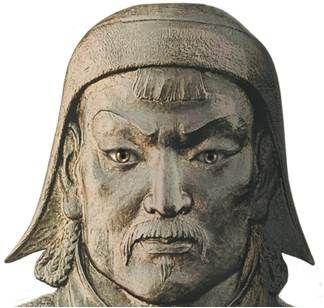The subject of this story (we will call him Mike) was a lawyer and had been a brilliant litigator for most of his law career. As a litigator he had an impressive record of wins. He was feared by other litigators because of his intellectually aggressive style – both in delivering his arguments and in picking holes in the arguments of his adversaries.
 For many years Mike had dreamt of becoming his law firm’s managing partner. He had finally won the role of the firm’s managing partner because of his success in bringing in huge amounts of revenue as a litigator. The difficulty was that he attempted to lead the firm using the same intellectual style he used in litigation. For example, Mike led weekly management meetings for the firm’s management committee and monthly meetings for the firm’s fifty partners. He dominated these meetings through the shear power of his intellect.
For many years Mike had dreamt of becoming his law firm’s managing partner. He had finally won the role of the firm’s managing partner because of his success in bringing in huge amounts of revenue as a litigator. The difficulty was that he attempted to lead the firm using the same intellectual style he used in litigation. For example, Mike led weekly management meetings for the firm’s management committee and monthly meetings for the firm’s fifty partners. He dominated these meetings through the shear power of his intellect.
Mike was highly intelligent and expressed this intelligence with clear, powerful and well reasoned communications. He thought through what he had to say carefully and thoroughly, because he would not just present an argument, but would also often list what he thought the counterarguments might be. He would then include his own arguments against those possible counterarguments.
Also, Mike could think well on his feet. If he was asked questions or someone disagreed with him, he could respond with quick, clear, relevant and logical answers. Through the power of his logic, Mike usually won his arguments – but often at the cost of losing the hearts, the loyalty and the commitment of the people in his firm. Equally, many people were aware that the power of a logically structured argument did not, in and of itself, guarantee that Mike had the best case.
